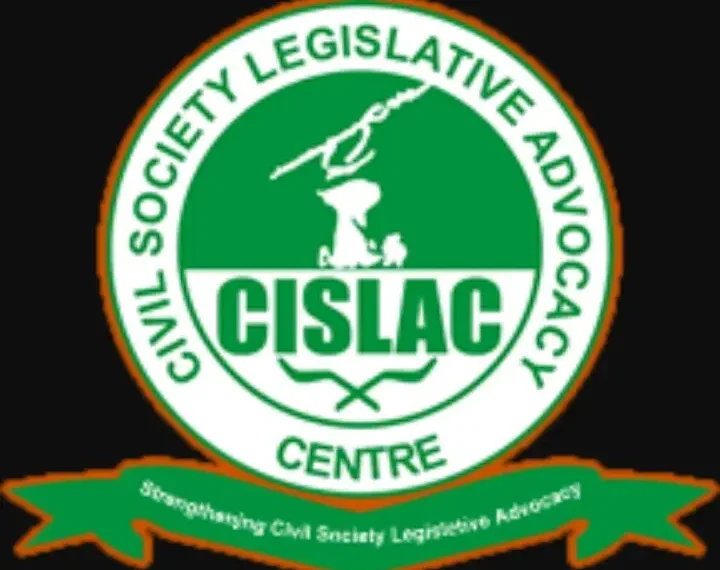Nigerian civil society organizations (CSOs) have strongly opposed the recent announcement by Muhammad Shehu, Chairman of the Revenue Mobilisation, Allocation and Fiscal Commission (RMAFC), regarding a 114% salary raise for politicians, judicial personnel, and public office holders.
These CSOs have expressed concerns about the country’s economic stability and social inequality, fearing that the proposed salary increase may worsen existing problems.
Auwal Musa Rafsanjani, the Executive Director of the Civil Society Legislative Advocacy Centre (CISLAC) and Head of Transparency International (Nigeria), criticized the salary hike as unjustifiable in an interview with Vanguard.
He pointed out that these individuals are already receiving excessive pay and emphasized that the country’s resources cannot sustain such salary increments. Musa further argued that this move is unfair to other workers and professionals, such as teachers, doctors, engineers, and lawyers, who play a significant role in Nigeria’s development.
Musa also cautioned that the salary increase would widen the gap between different segments of society, leading to increased inequality and disparity among Nigerians. Additionally, he warned that it could contribute to more political violence, as politicians may resort to desperate measures during elections, turning them into high-stakes battles.
Dr. Zikirullahi Ibrahim, Executive Director of the Resource Centre for Human Rights & Civic Education (CHRICED), criticized the decision made by the current administration in an interview with Vanguard.
He argued that if the government truly acted in good faith, its top priority would be lifting over 133 million Nigerians out of multidimensional poverty. Dr. Ibrahim also suggested that the salary increase could be viewed as a hidden bribe offered to judges, considering the ongoing court challenges to the administration’s legitimacy.
Read Also: Alex Otti says payment of salary arrears begins by end of June










